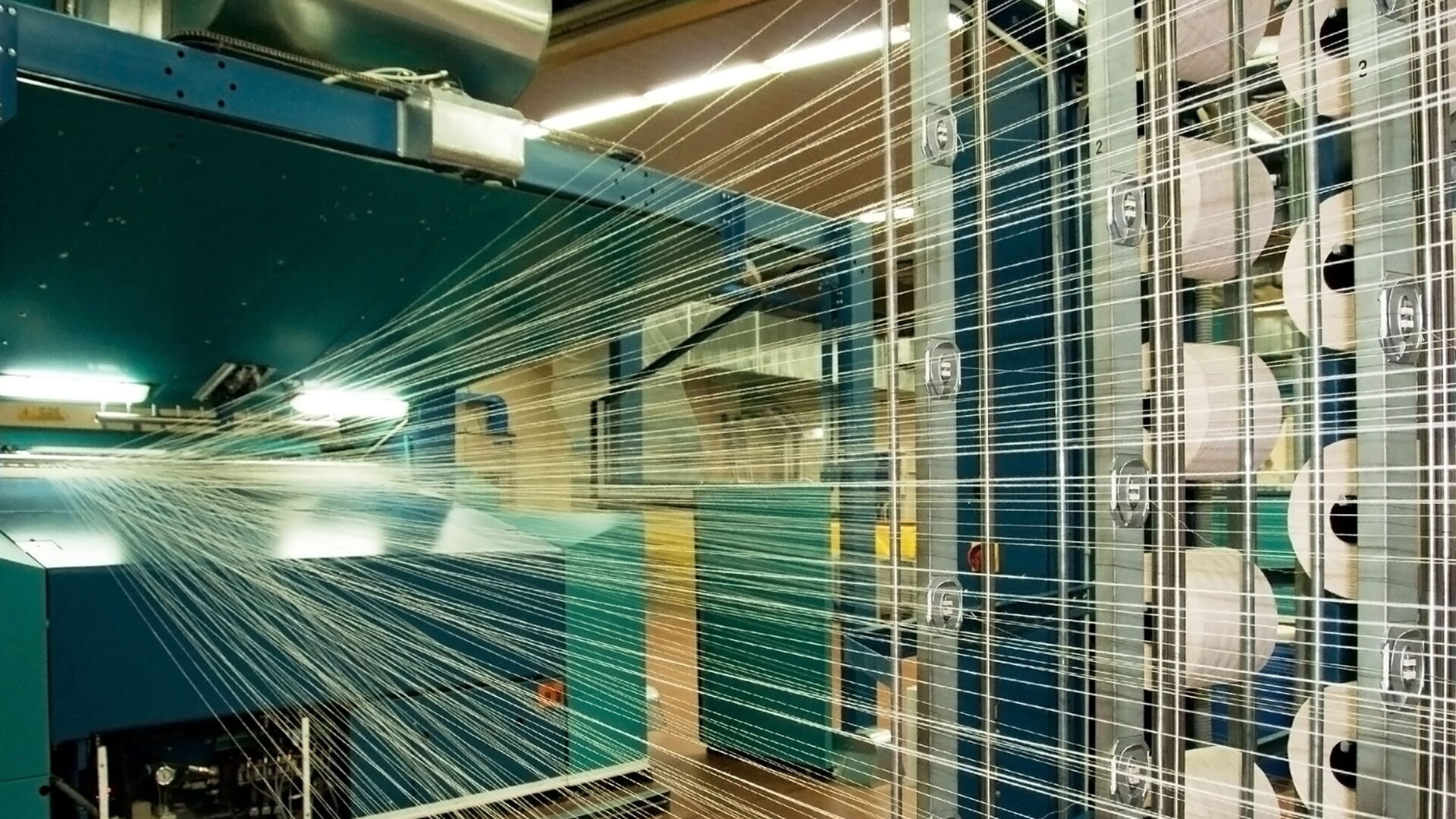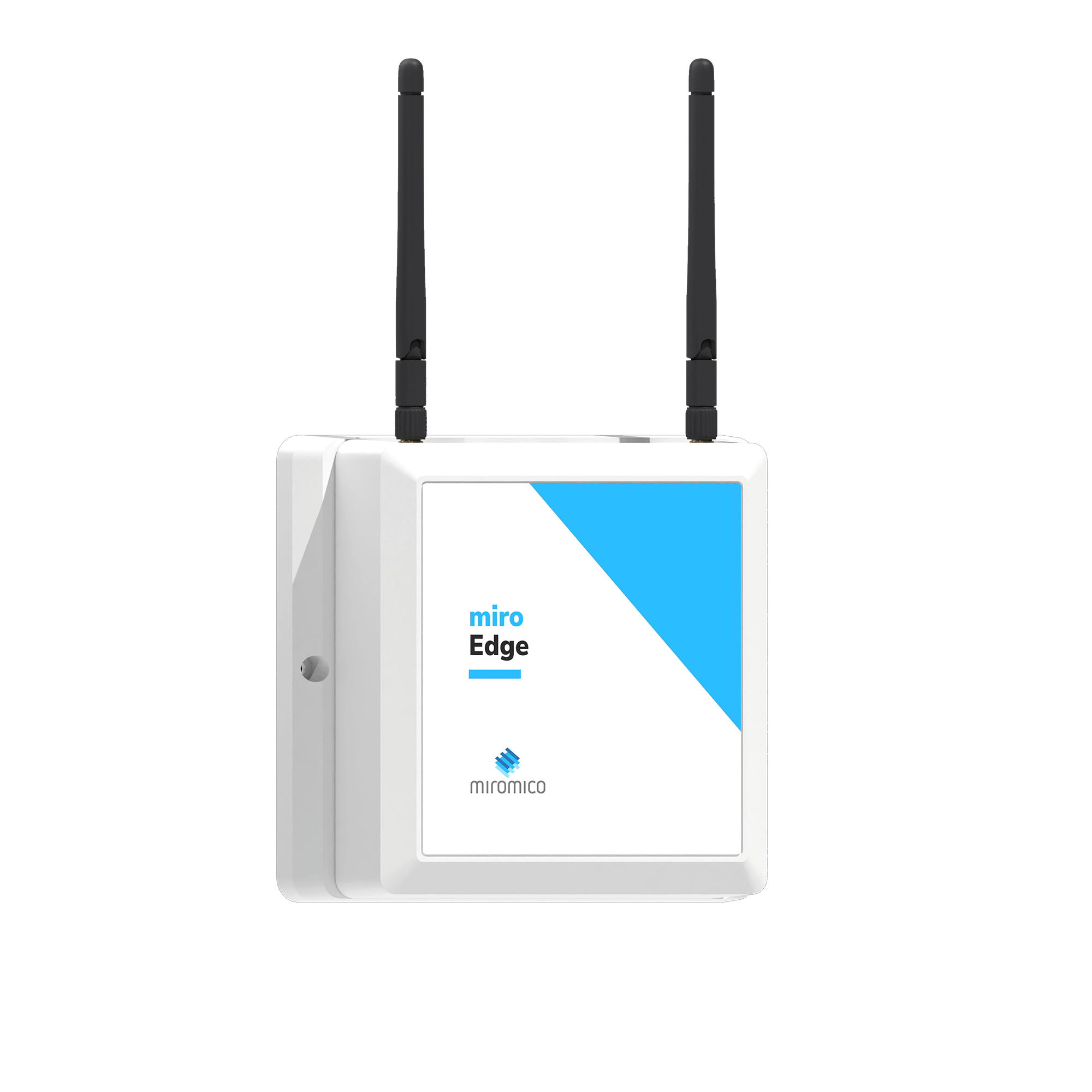Industry 4.0 transforms industries by enhancing efficiency, productivity, adaptability, innovation, and sustainability.
Benefits of Industry 4.0
Enhanced Efficiency and Productivity
Streamline processes, cut time and costs while increasing output.
Customization and Flexibility
Personalized products and quick responses to changing market demands.
Data-Driven Decision-Making
Informed decisions, predictive maintenance, and optimized resource allocation.
Innovation and Competitiveness
Drive innovation, enhance market competitiveness.
Resource Optimization and Sustainability
Minimize waste and reduce environmental impact.
Improved Quality Control and Supply Chain
Be in complete control, always, anywhere.
Industry 4.0 Solutions
Efficient data collection via IoT is the key to improving efficiency in manufacturing.
Industrial Internet of Things
Industrial Internet of Things (IIoT) connects devices and machines, enabling data exchange and automation, improving efficiency and real-time decision-making.
Big Data Analytics
Analyzing large datasets provides actionable insights for predictive maintenance, process optimization, and informed decision-making.
Artificial Intelligence and Machine Learning
Artificial Intelligence (AI) automates complex tasks, predicts trends, and enhances operational efficiency across various industry domains.
Robotics and Automation
Deploying robots and automated systems streamline manufacturing processes, reducing errors and increasing productivity.
Cyber-Physical Systems
Integrating physical processes with digital systems creates interconnected systems for improved monitoring and control.
Augmented Reality and Virtual Reality
Augmented Reality (AR) and Virtual Reality (VR) technologies enhance training, design, and maintenance processes, improving efficiency and reducing errors.
Cloud Computing
Storing and accessing data on cloud platforms enables scalability, collaboration, and flexibility in operations.
Additive Manufacturing
Additive Manufacturing, such as 3D printing, facilitates rapid prototyping, customization, and efficient production of complex components.
Workforce Safety and Efficiency
IoT sensors ensure a safer work environment by monitoring workers' health and safety parameters. Data alerts management to potential hazards and enhance workforce efficiency by providing insights into labor productivity.
Smart Maintenance
IoT sensors embedded in machinery predict potential failures by monitoring performance metrics. This proactive approach reduces downtime, extends equipment lifespan, and lowers maintenance costs.
Industry 4.0 – Use Case
Industry 4.0 – Use Case
IoT-enabled inventory management in pharmaceutical laboratories.
In a leading pharmaceutical company, ensuring consistent inventory levels across various departmental laboratories was a critical challenge. Each lab had its own storage facilities, and running out of essential materials could disrupt crucial research and development processes.
To address this, the company implemented an innovative IoT solution. Each storage item was equipped with an IoT button. When an employee took the last item, a simple press of the IoT button sent an instant notification to the responsible individual. This prompt action allowed for immediate refilling of the materials. Once restocked, the responsible person pressed the IoT button again to confirm the task completion.
This streamlined process revolutionized the company's inventory management. It eliminated the risk of running out of critical materials, ensuring that inventory levels were consistently maintained. The seamless integration of IoT technology not only improved operational efficiency but also enhanced productivity, allowing scientists to focus on their research without interruption. This success story showcases the transformative power of IoT in maintaining essential supply chains in complex, high-stakes environments.




